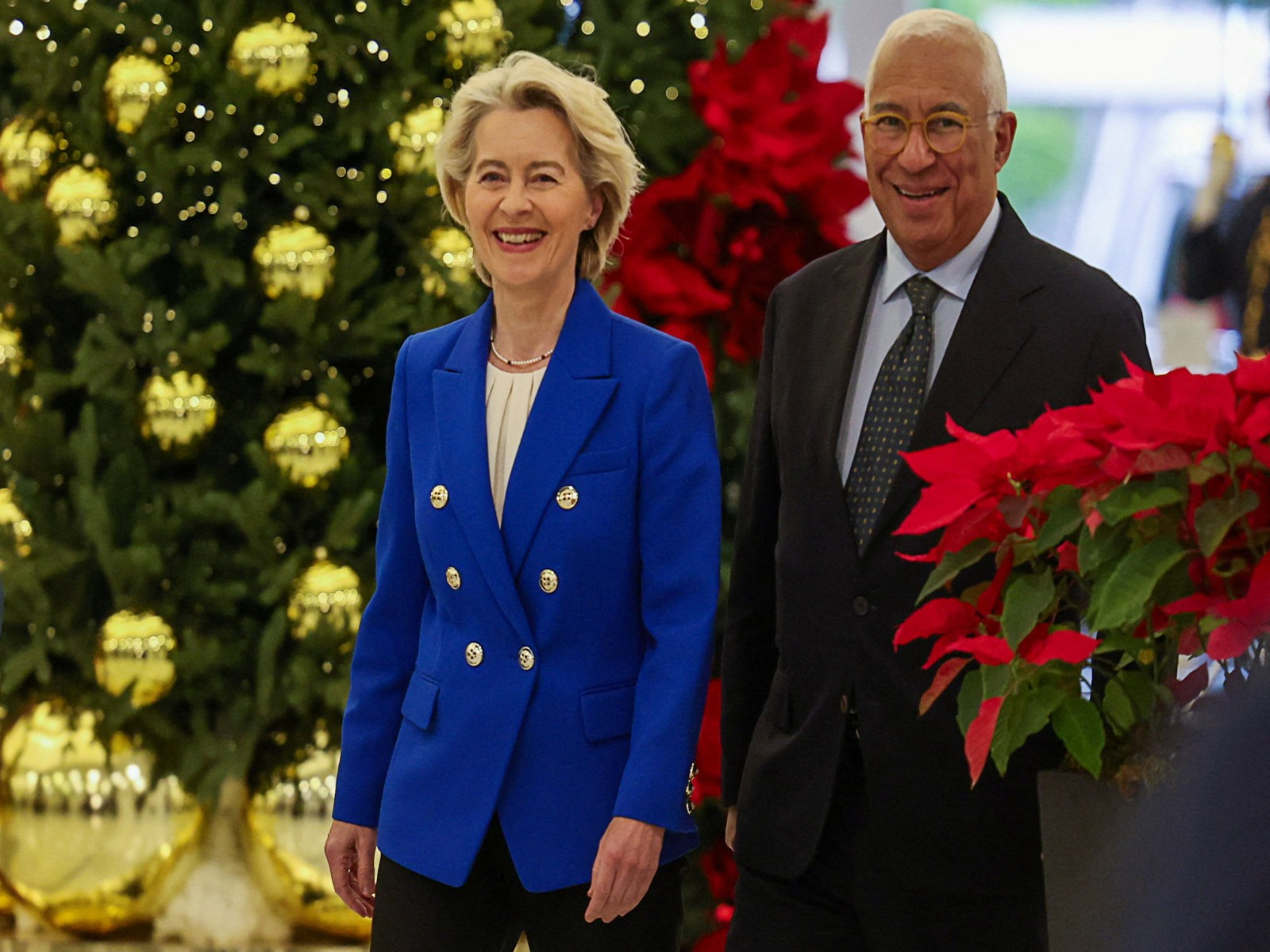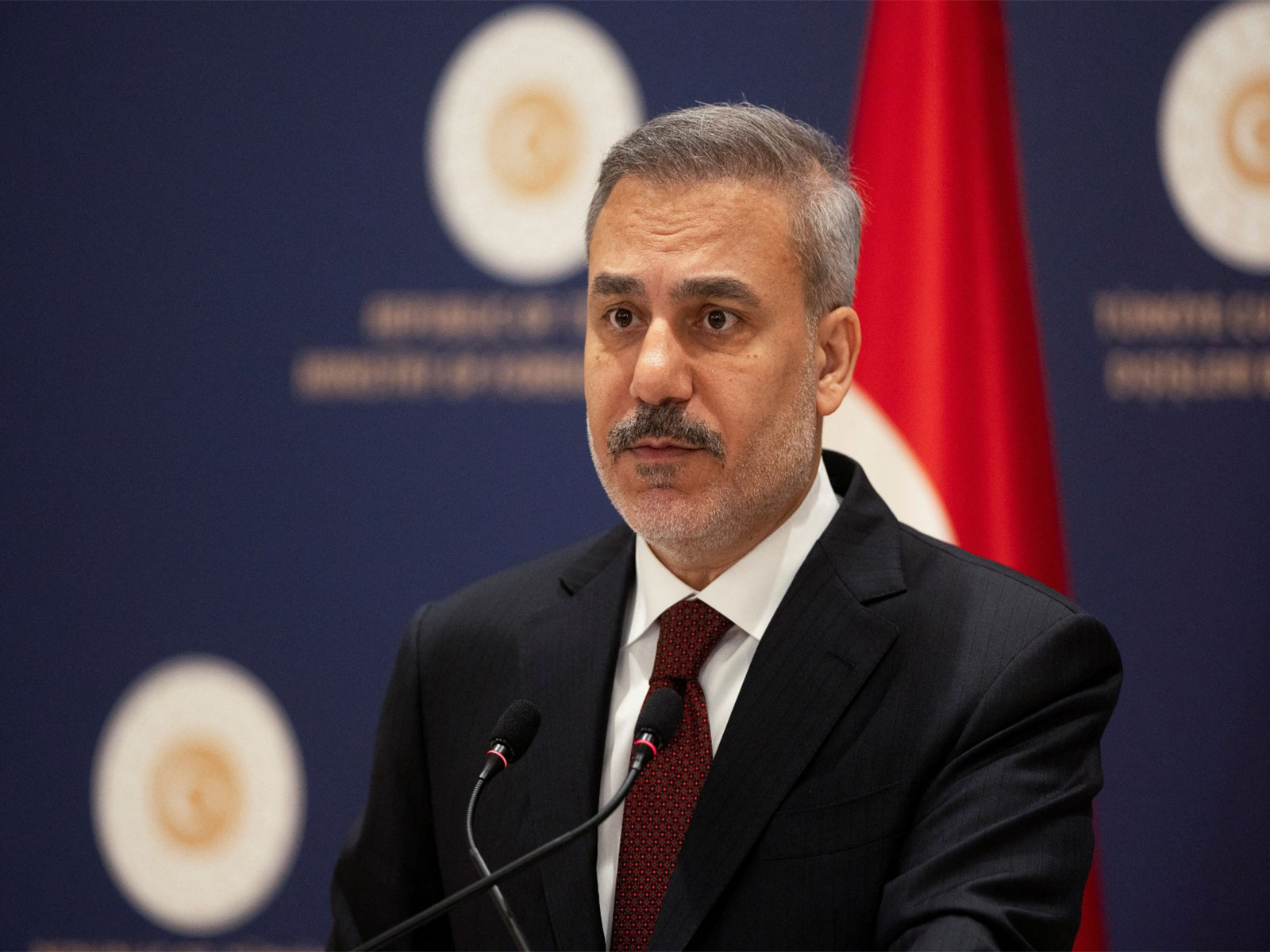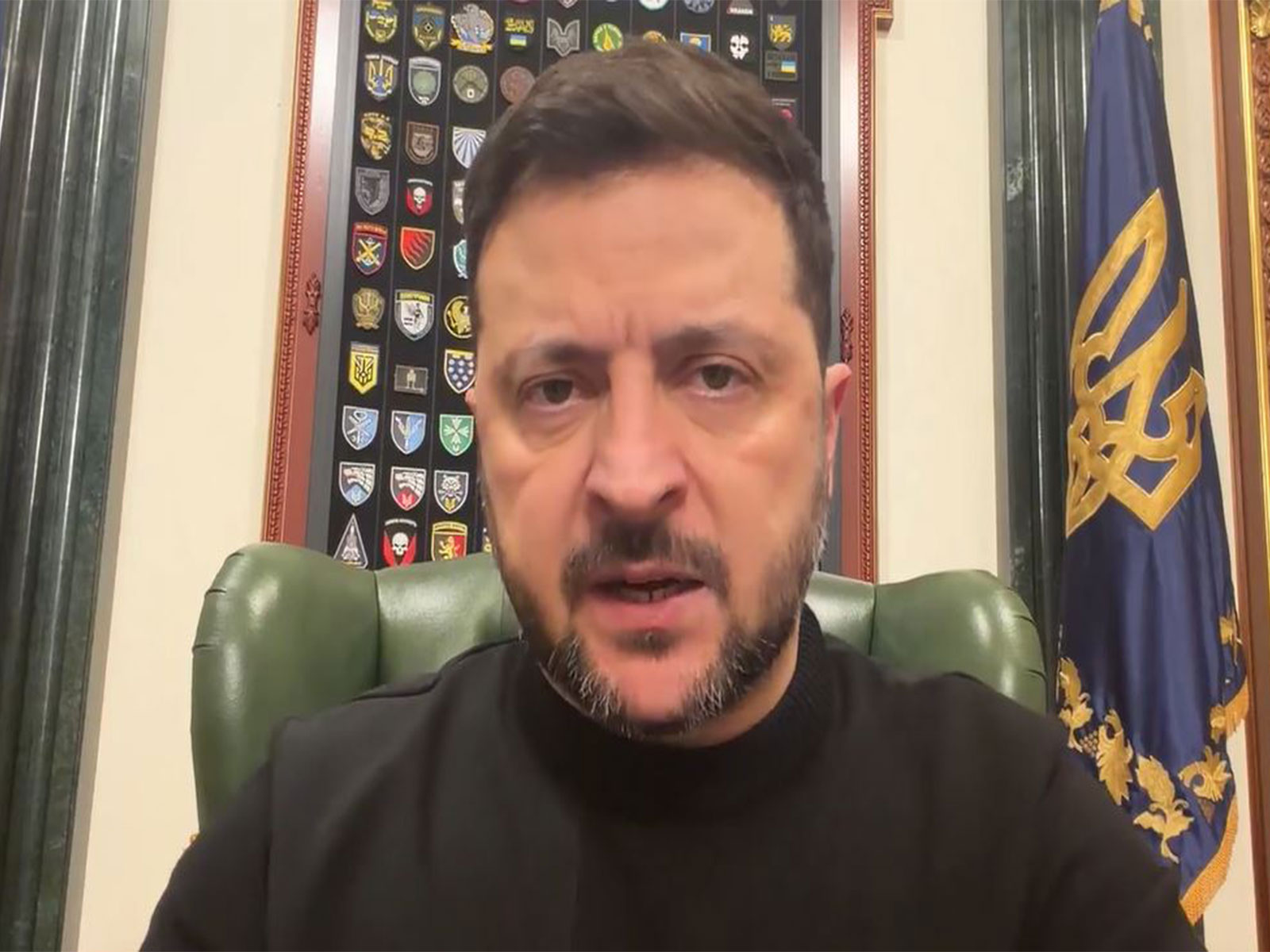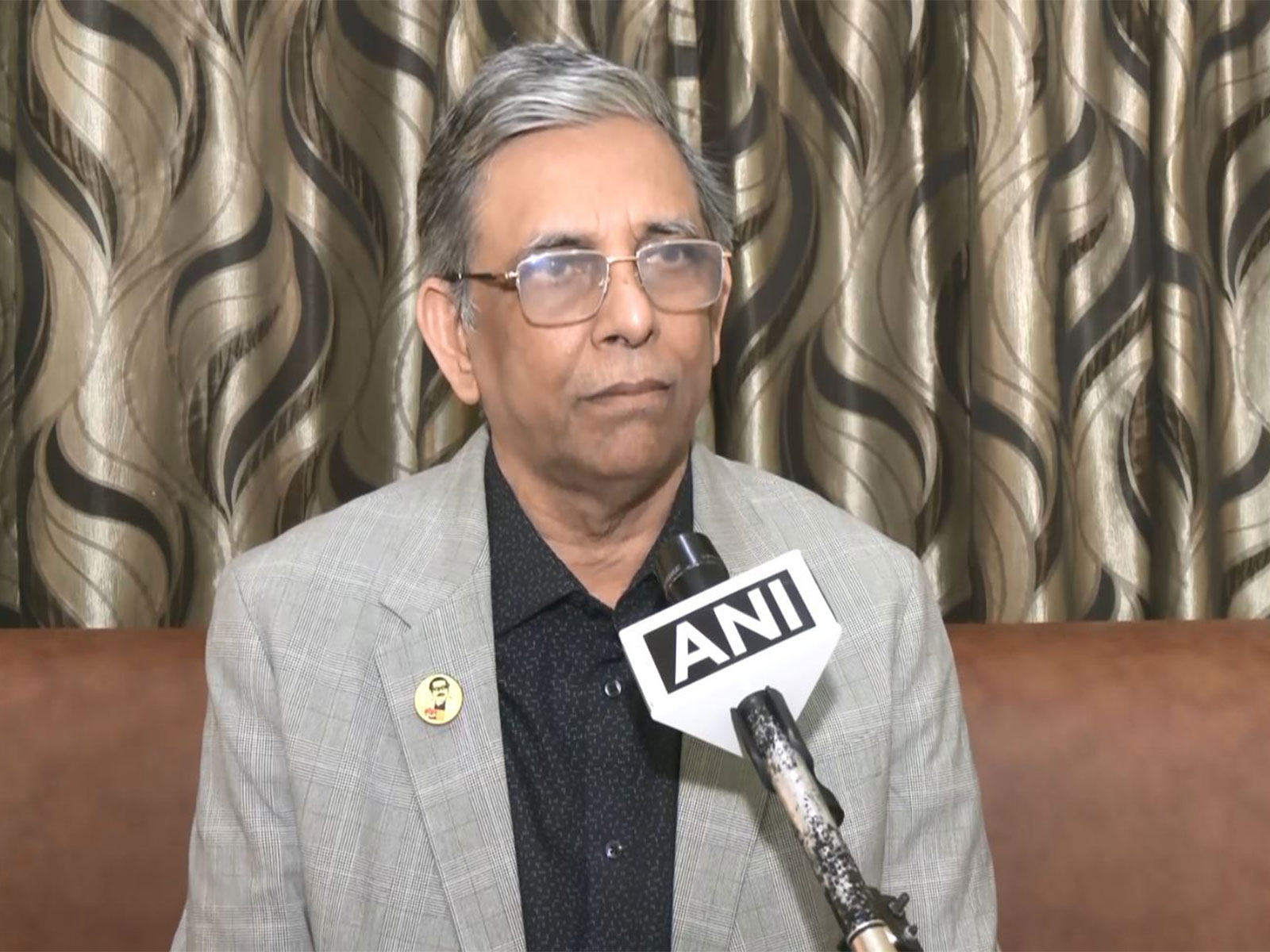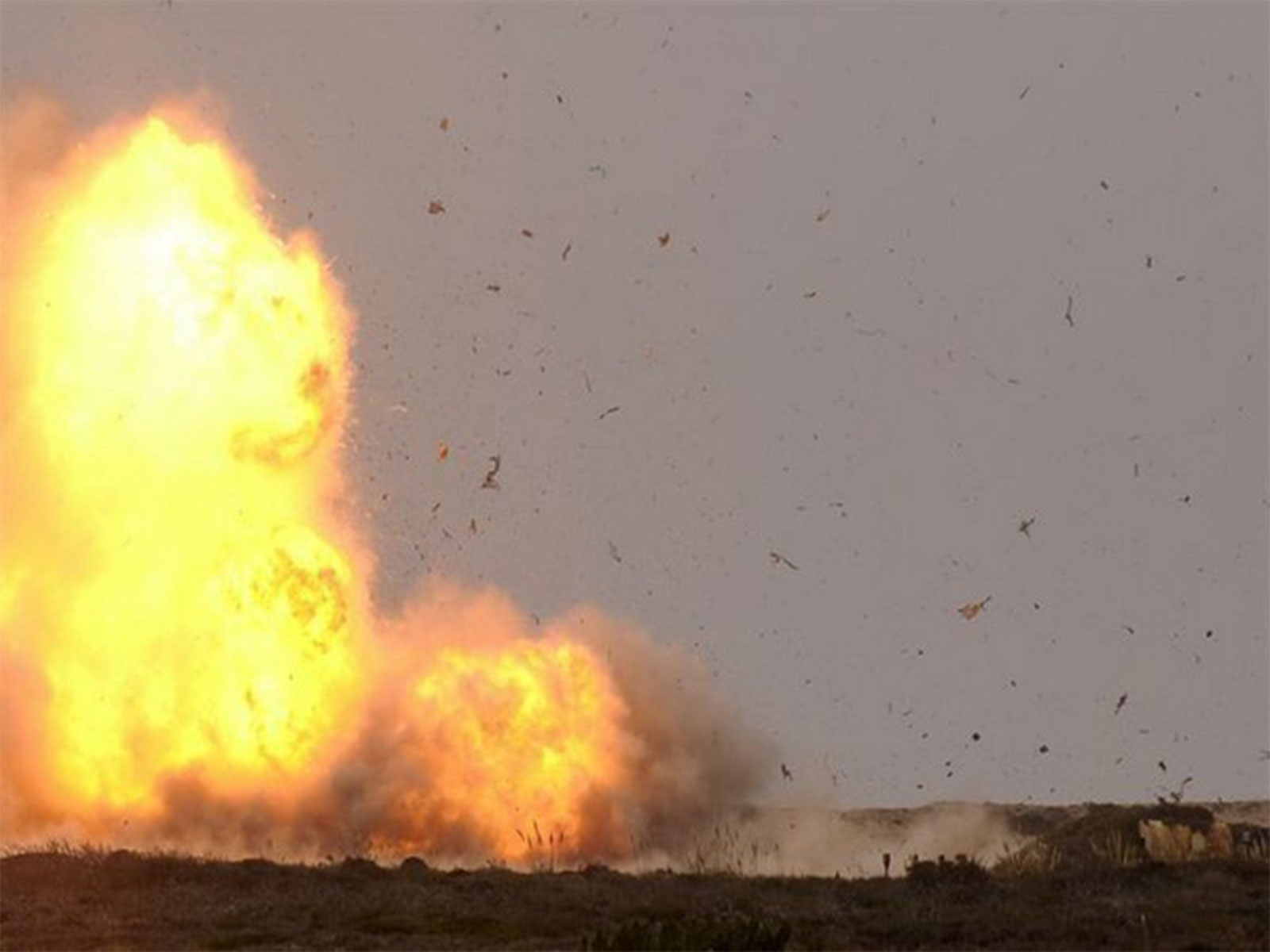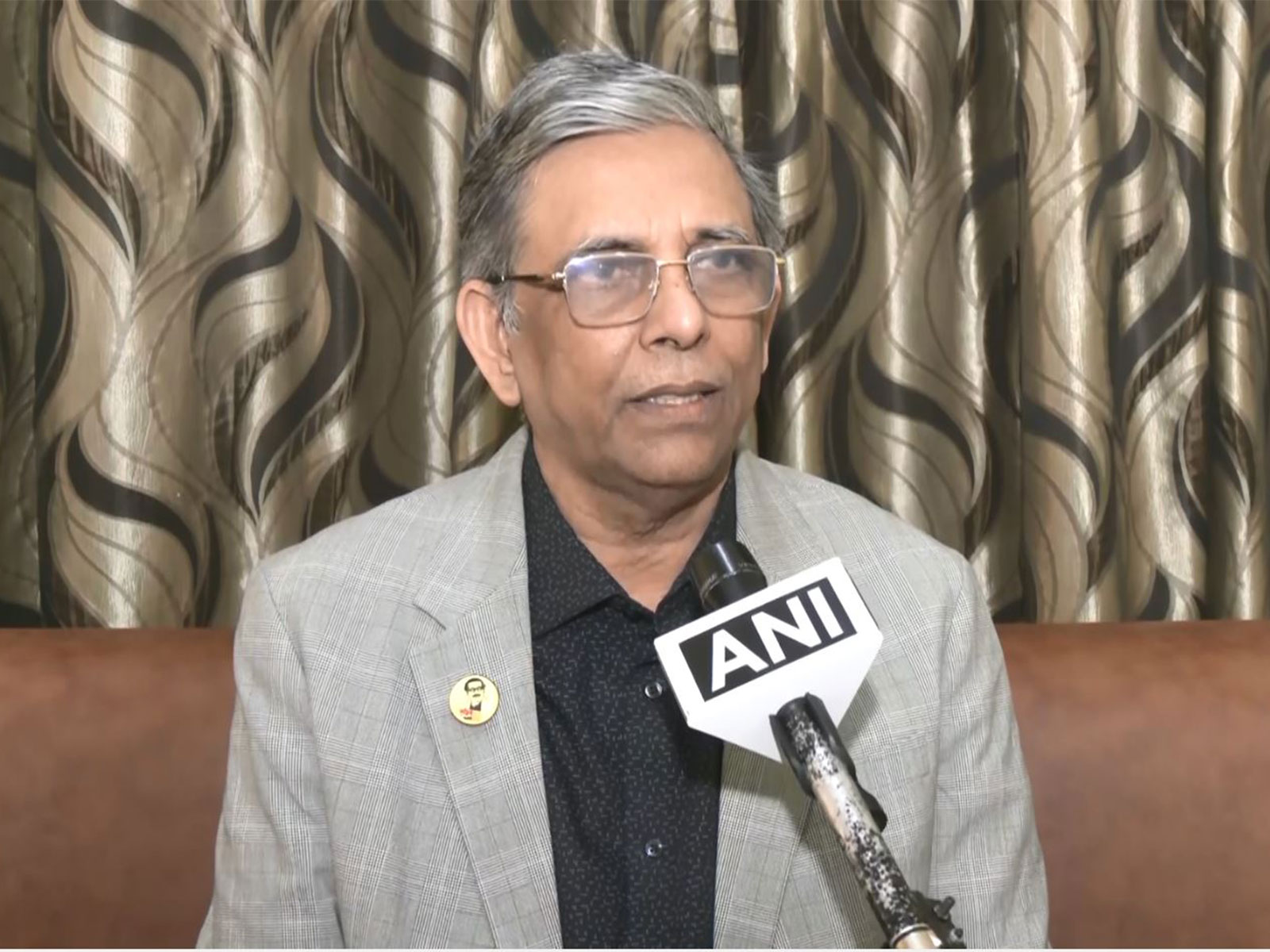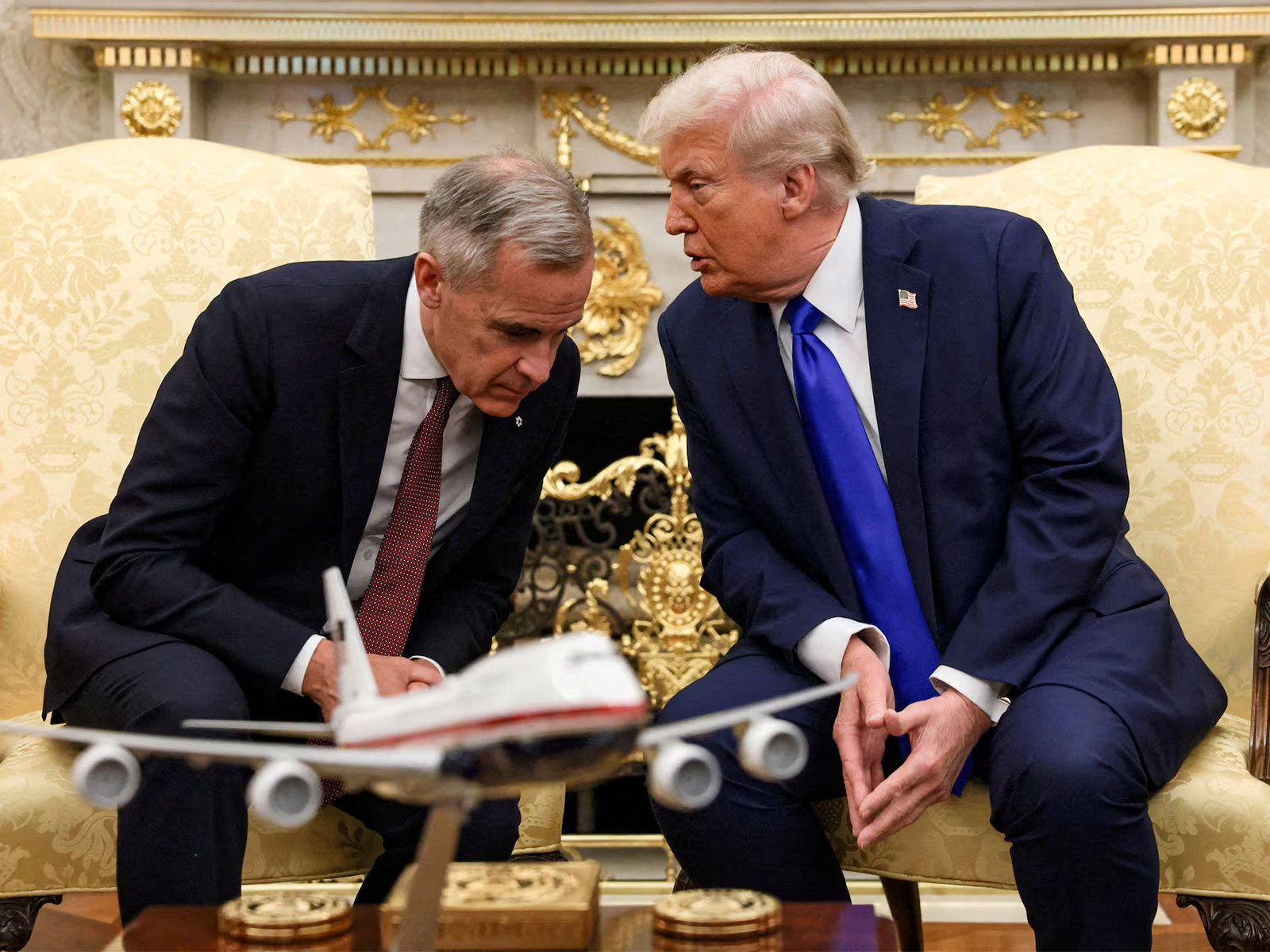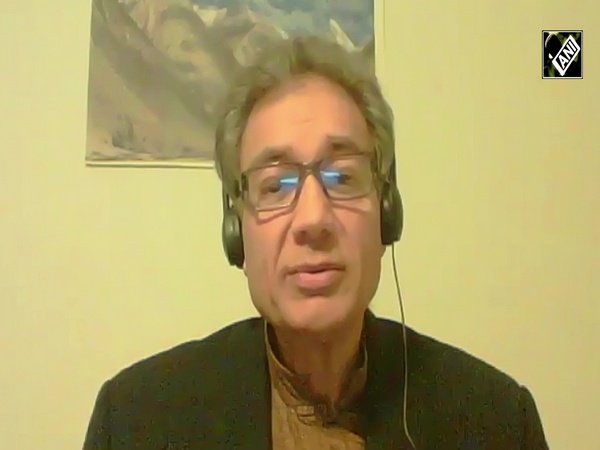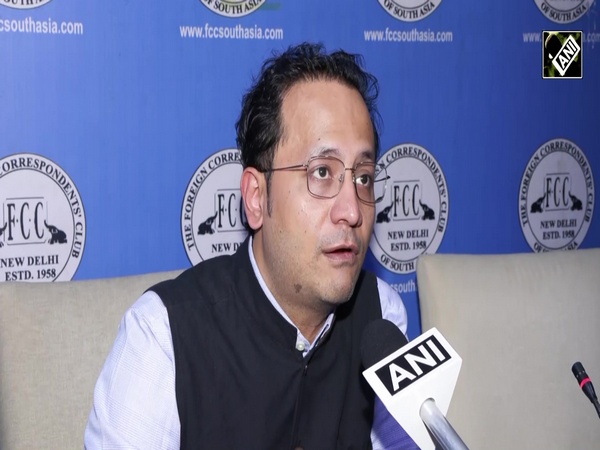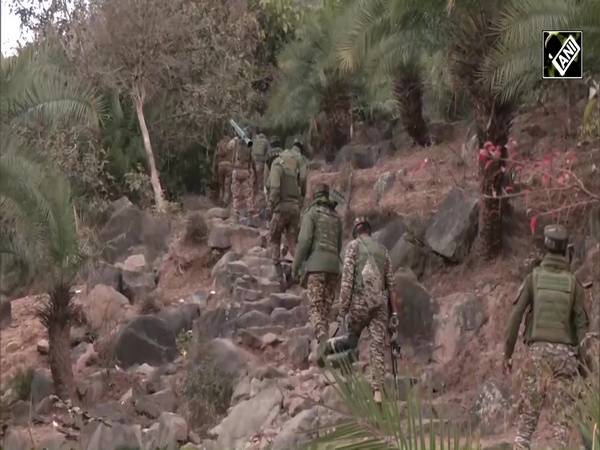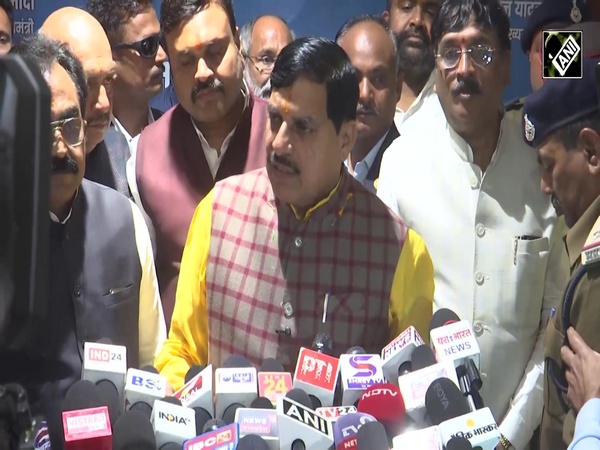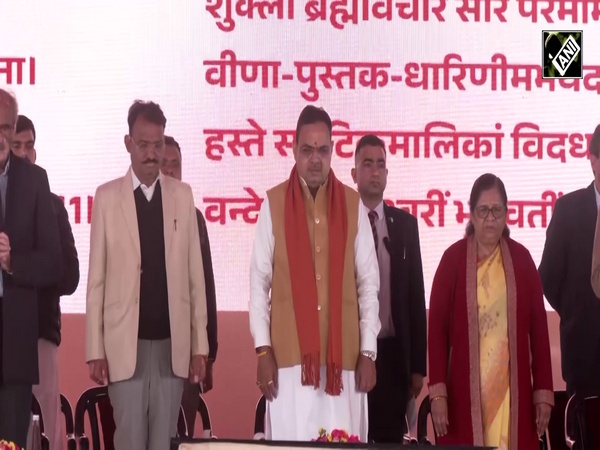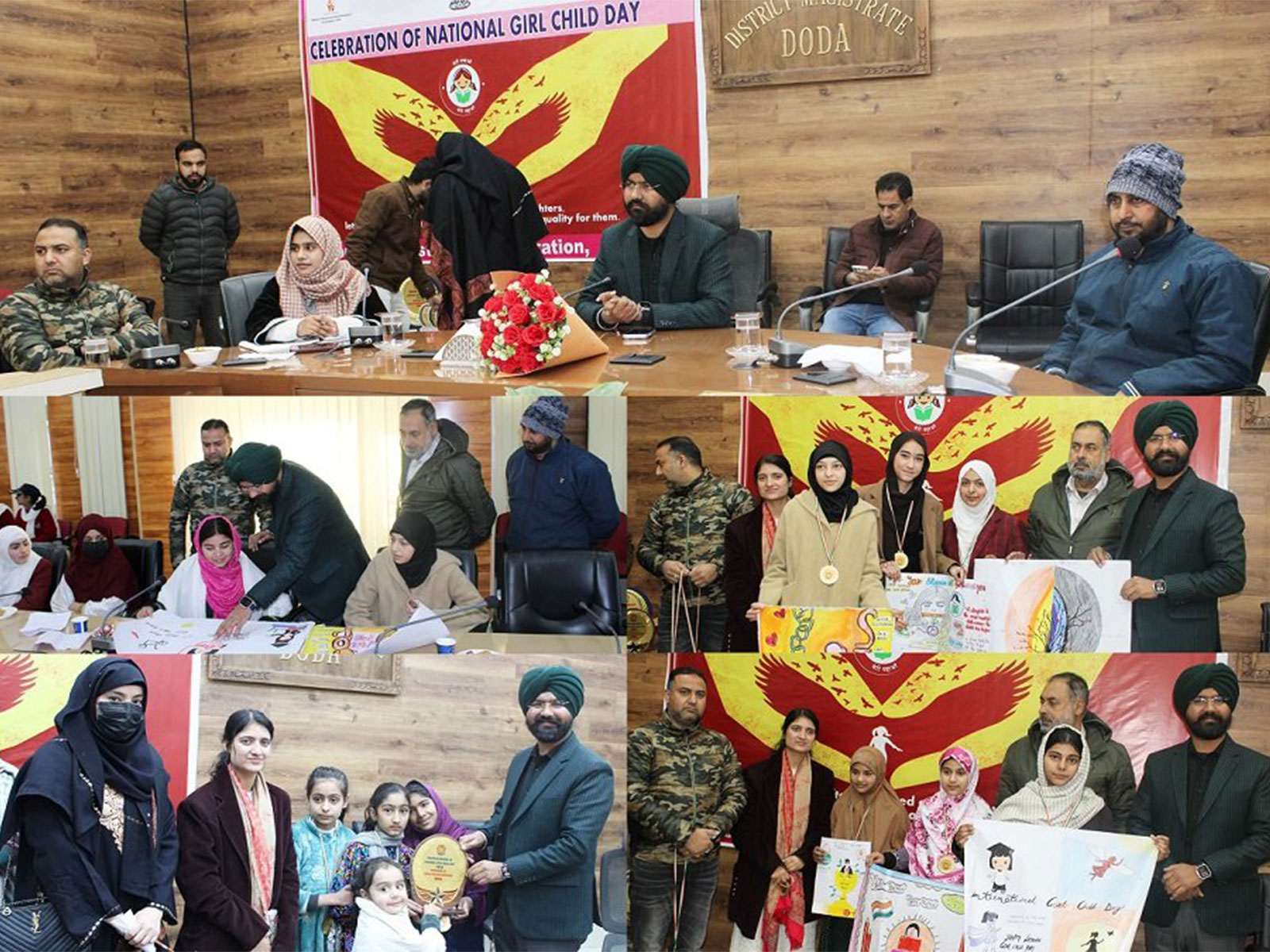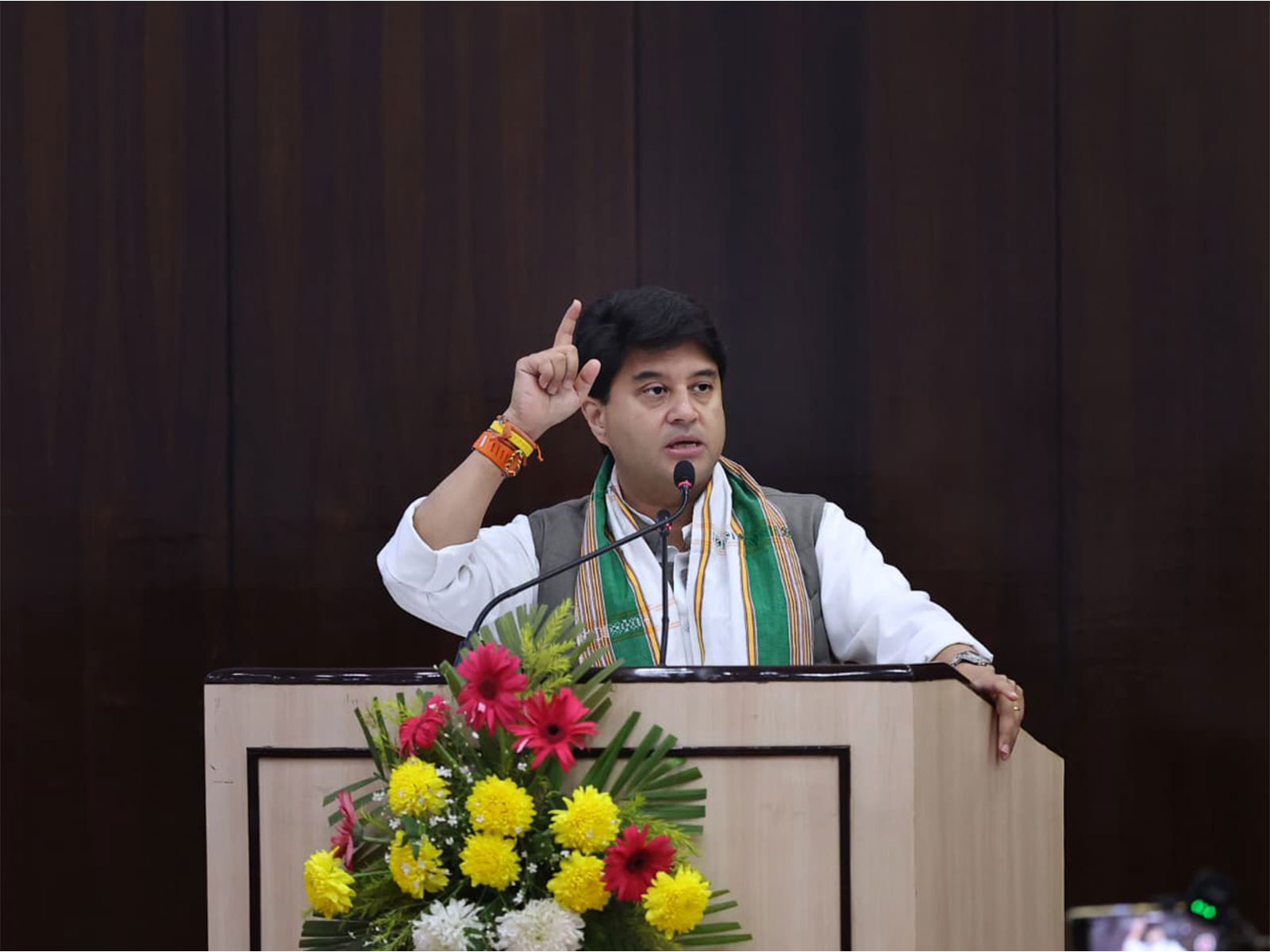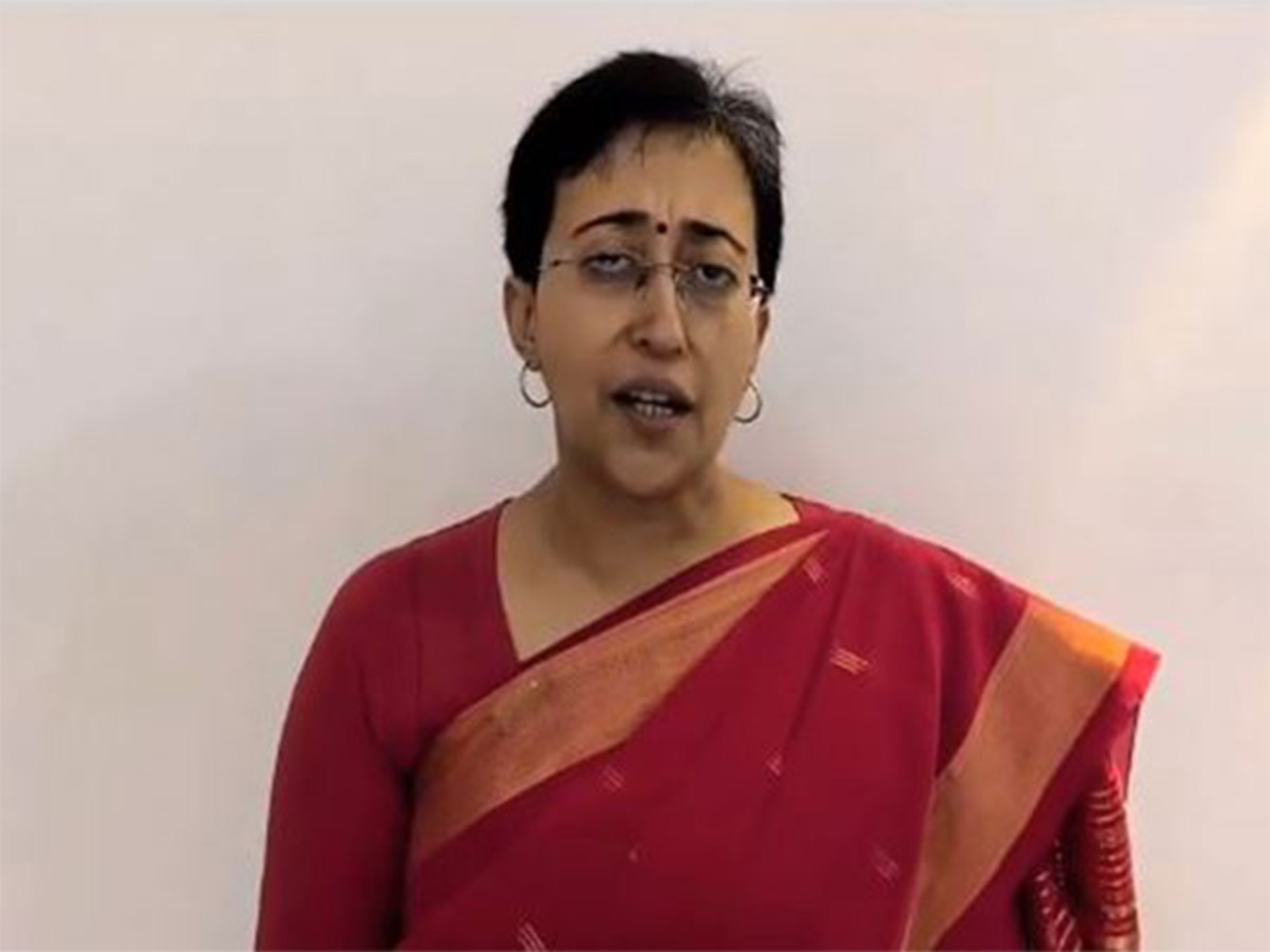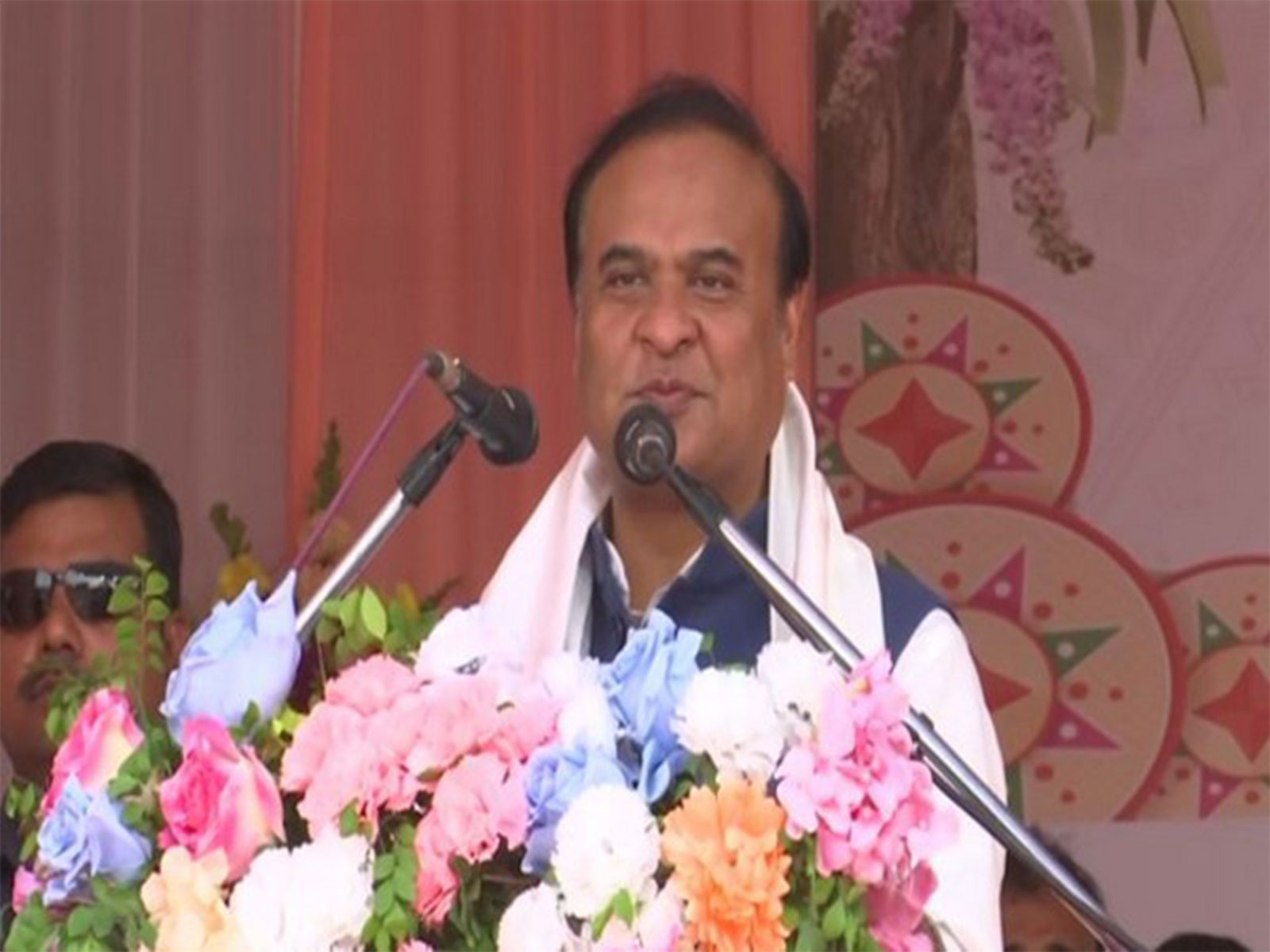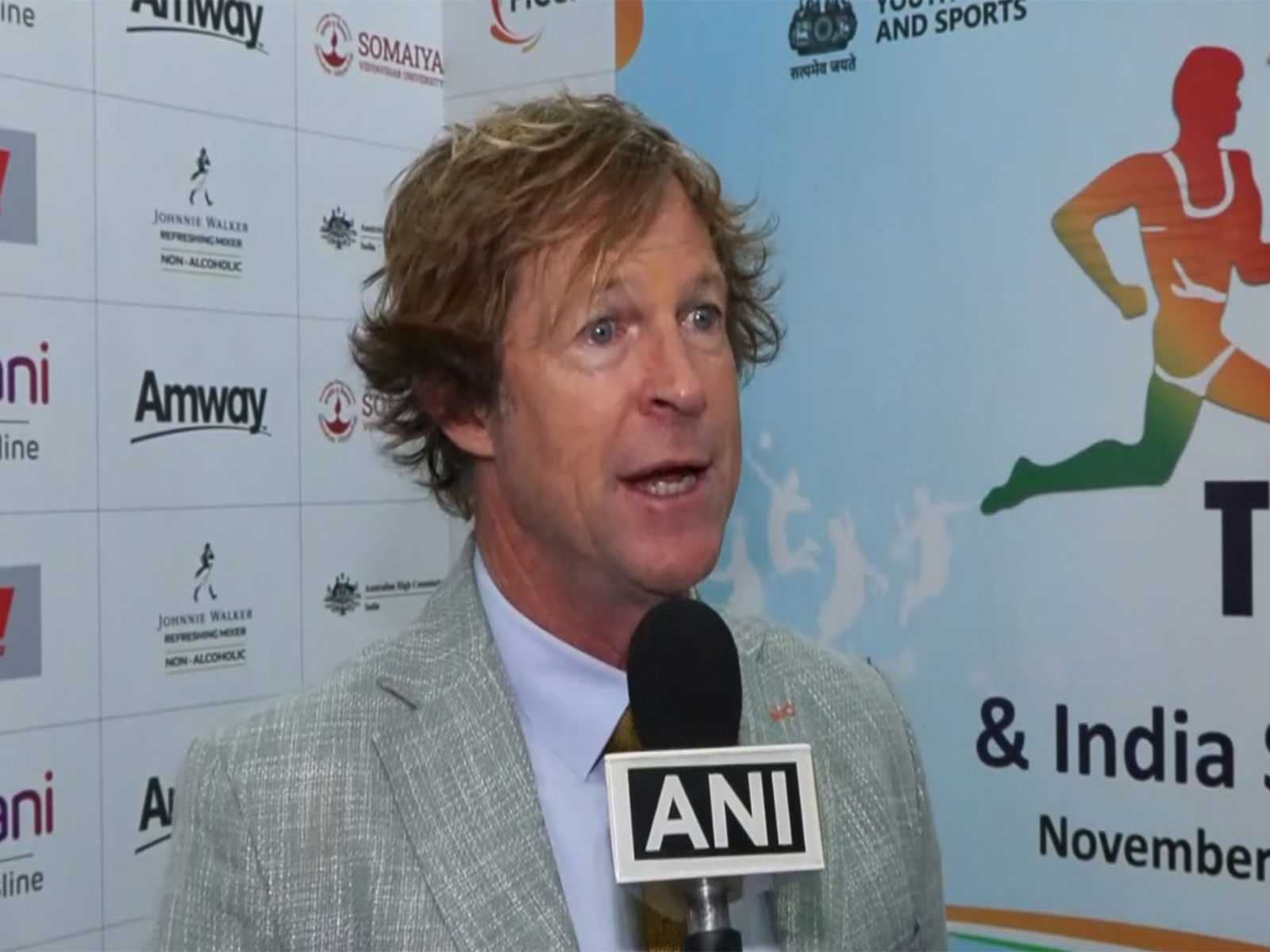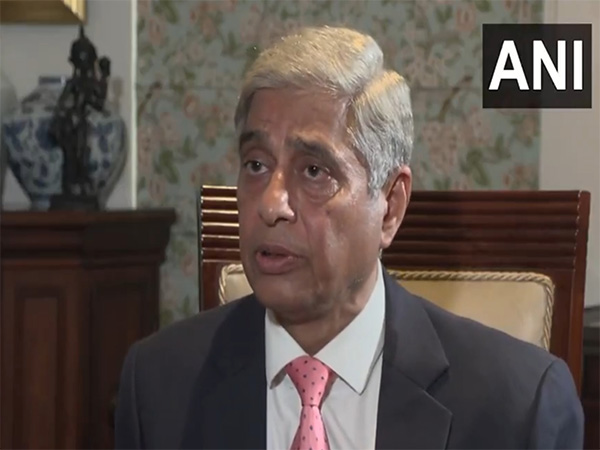
Getting into bed with Pakistan 'strategic mistake' for US, says former diplomat Vikas Swarup
Aug 13, 2025
New Delhi [India], August 13 : Former diplomat Vikas Swarup on Wednesday warned that the US is making a "strategic mistake" by strengthening ties with Pakistan, a country closely aligned with China, a strategic competitor of the US.
In an interview with ANI, Swarup, a former High Commissioner to Canada, said, "I think it's a strategic mistake on the part of the US that you are getting into bed with Pakistan, which is in bed with China. China is the US' strategic competitor."
Swarup's comments come after Pakistan Army Chief Gen Asim Munir made provocative remarks in Florida, suggesting Pakistan could use nuclear weapons to "take down India and half the world" in an existential crisis.
Earlier, State Department spokesperson Tammy Bruce maintained that Washington's relationship with both Pakistan and India "remains unchanged" and that US diplomats remain "committed to both nations."
Swarup also addressed ongoing trade tensions between New Delhi and Washington. He noted that India had resisted pressure from the US to open its agriculture and dairy markets, describing recent tariffs by President Donald Trump as part of a broader pressure tactic.
President Trump announced 25 per cent tariffs on Indian goods plus an unspecified penalty in July, even as there were hopes of an interim India-US trade deal that would have otherwise helped avoid elevated tariffs. A few days later, he imposed another 25 per cent tariff, taking the total to 50 per cent, over India's imports of Russian oil.
Swarup highlighted that President Donald Trump imposed 50% tariffs on Indian goods due to India's BRICS membership and Operation Sindoor.
Trump views BRICS as an anti-US alliance aiming to create an alternative currency to the dollar and he claimed to have brokered a ceasefire between India and Pakistan, but India doesn't acknowledge his role.
"We have to understand why these tariffs have been imposed. I personally feel that there are three reasons. One, Trump is not happy with India because we are a member of BRICS and somehow, in his head, he has got this notion that BRICS is an anti-America alliance which is hell-bent on creating an alternative currency to the dollar. So, because of that, he feels that India should not be a member of the BRICS. Two, Operation Sindoor and his so-called role in bringing about the ceasefire," Vikas Swarup said.
"We have been saying right from the beginning that Trump had no role because we do not accept external mediation. This ceasefire was mediated directly between the DGMOs of Pakistan and India at the request of the DGMO of Pakistan. Trump has now said almost 30 times that it was he who got the two countries to stop back from the brink, who stopped a nuclear conflagration in the subcontinent. So, obviously he is miffed that India has not acknowledged his role, whereas Pakistan has not only acknowledged his role but has even nominated him for a Nobel Peace Prize," he added.
India had carried out Operation Sindoor in early May in response to the Pahalgam terror attack and carried out precision strikes on terror infrastructure in Pakistan and PoJK. India had repelled subsequent Pakistani aggression and pounded its airbases.
The former diplomat also underscored that the US is pushing India to sign the Bilateral Trade Agreement (BTA) with favourable terms for the US, particularly in dairy, agriculture, and GM crops. Swarup further added that India has not caved in to US pressure, and the tariffs are part of Trump's pressure tactics.
"...This is part of his pressure tactics to get India to sign on the dotted line on the maximalist demands that the US is making with regard to access to our dairy and agriculture and GM Crops. We have not caved in and it is also in a way a signal to Russia because he is also frustrated that he has not been able to get President Putin to agree to the ceasefire that Zelenskyy has agreed to," he said.
Vikas Swarup referred to the summit meeting between President Trump and President Putin in Alaska on August 15 over the Ukraine conflict. He predicted that if the talks yield positive results, Russia's sanctions will likely be lifted, as Putin won't accept a ceasefire with economic sanctions
"Now they are meeting in Alaska on 15th August. If there is a positive outcome of the Alaska talks then I am 100% sure that the Russia sanctions will be off the table because Putin is not going to accept a ceasefire and yet be saddled with economic sanctions," he said.
